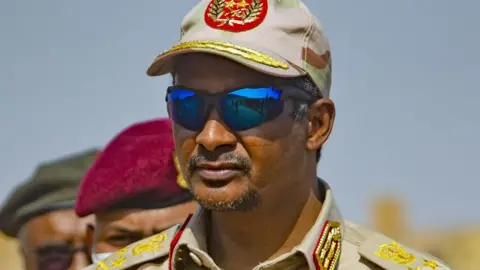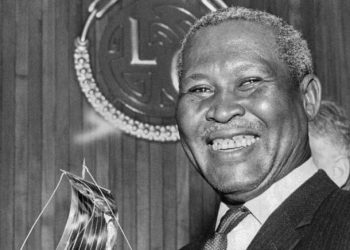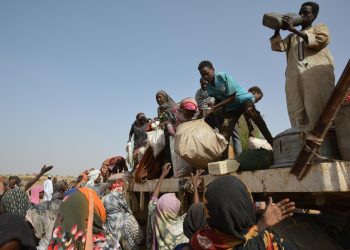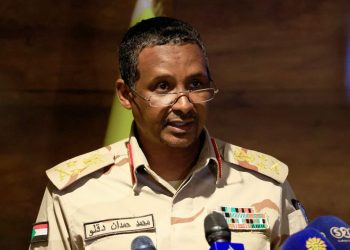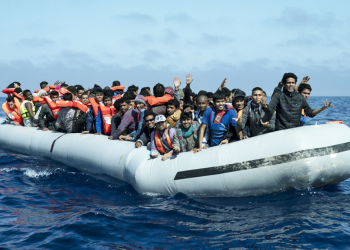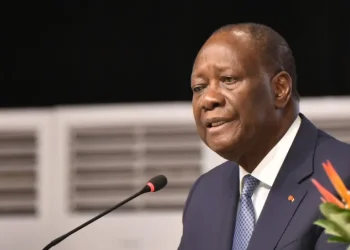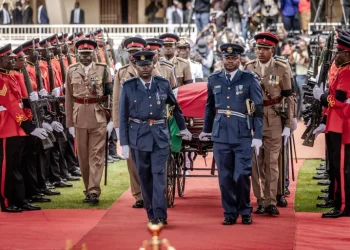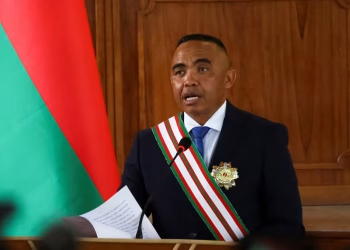The Sudan RSF ceasefire has been accepted by the Rapid Support Forces (RSF) following U.S. mediation efforts, signaling a potential turning point in the country’s devastating civil war. The announcement came shortly after the RSF captured El-Fasher, the capital of North Darfur, ending an 18-month siege that left tens of thousands starving and displaced.
Led by Gen Mohamed Hamdan Dagalo, the RSF said it agreed to the truce proposed by the United States, United Arab Emirates, Saudi Arabia, and Egypt “to address the catastrophic humanitarian consequences of the war” and enable the urgent delivery of aid.
Sudan’s military government has yet to respond formally, but officials in Khartoum have previously insisted they would only accept a ceasefire if the RSF disarmed and its leaders faced accountability for alleged war crimes.
Famine and Humanitarian Collapse in El-Fasher
The Sudan RSF ceasefire comes as the UN confirms famine conditions in El-Fasher, where aid convoys were blocked throughout the siege. More than 60,000 people have fled the city, and reports of mass killings and executions by RSF fighters have drawn international condemnation. Survivors described “unimaginable suffering,” recounting scenes of torture and executions during the group’s final assault on the city.
Community kitchens, once a critical lifeline for civilians, are now on the brink of collapse due to funding shortages and volunteer exhaustion. A report by Islamic Relief warned that most of these kitchens could shut down within six months, worsening the world’s largest humanitarian crisis, with 24 million people facing severe food shortages.
International Reactions and Next Steps
The Sudan RSF ceasefire has been cautiously welcomed by humanitarian groups and regional powers. The UN Human Rights Council has scheduled an emergency session to discuss atrocities reported in El-Fasher.
RSF leader Dagalo has pledged to investigate “violations” committed by his troops and claims to have arrested fighters involved in executions. Meanwhile, Sudan’s defense minister, Hassan Kabroun, praised U.S. efforts to restore peace but maintained that the army’s “preparations for war remain a national right.”
As both sides weigh their next moves, the truce offers a fragile glimmer of hope in a conflict that has killed tens of thousands and displaced millions—threatening to unravel what remains of Sudan’s fragile state.
